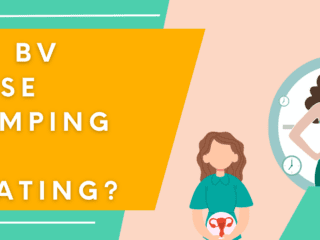Like many chronic health conditions, the signs and symptoms of Crohn’s disease can vary considerably and range from mild to debilitating. Most people experience symptoms with a gradual onset, but they can also come on more suddenly. People with Crohn’s disease may also experience intermittent symptom remission, in which they have no signs or symptoms of the illness.
Symptoms can also vary depending on what type of Crohn’s disease a person has.
Symptoms
- Fever
- Diarrhea
- Bloody stool
- Cramping and stomach pain, especially right after a meal
- Fatigue
- Sores in the mouth
- Joint pain and muscle aches
- Decreased appetite
- Weight loss
People with Crohn’s disease also often experience issues such as inflammation and irritation in their eyes, joints, skin, liver, and bile ducts. In children, Crohn’s disease is also associated with delayments in growth and sexual development.
FAQ
What is the life expectancy of someone with Crohn’s disease?
Crohn’s disease generally does not shorten a person’s lifespan, and many people with Crohn’s disease are able to maintain full and active lives. Certain people with Crohn’s disease may experience early death if their condition leads to severe complications, though.
Disclaimer: this article does not constitute or replace medical advice. If you have an emergency or a serious medical question, please contact a medical professional or call 911 immediately. To see our full medical disclaimer, visit our Terms of Use page.





